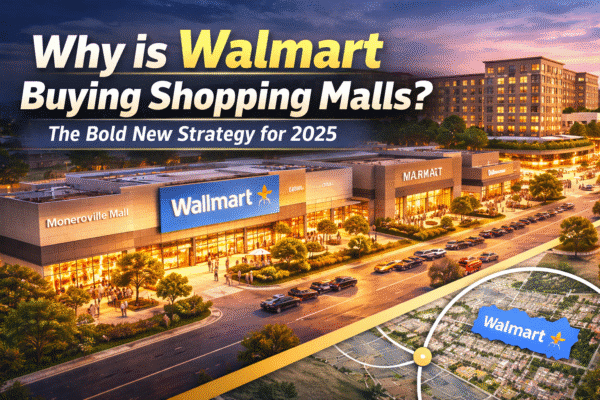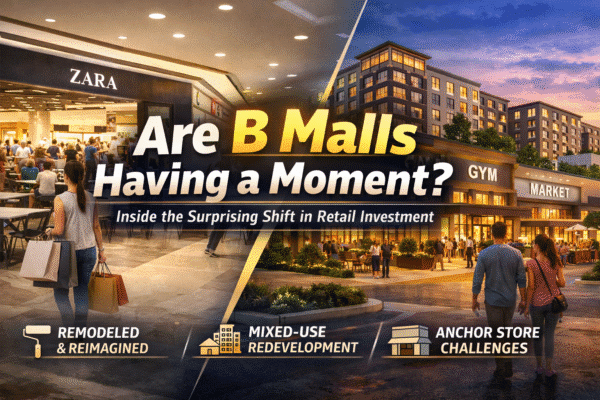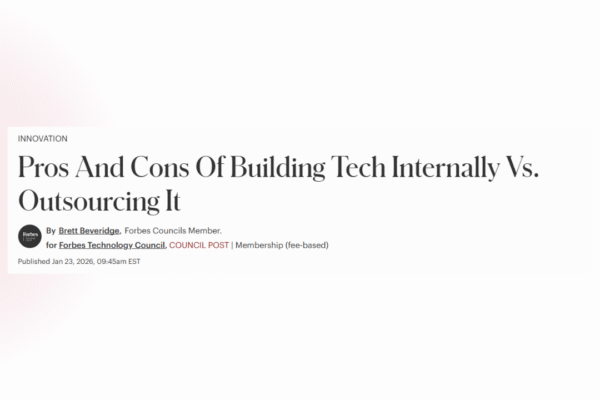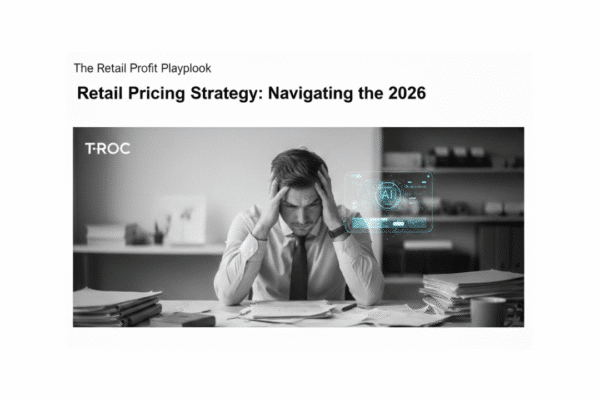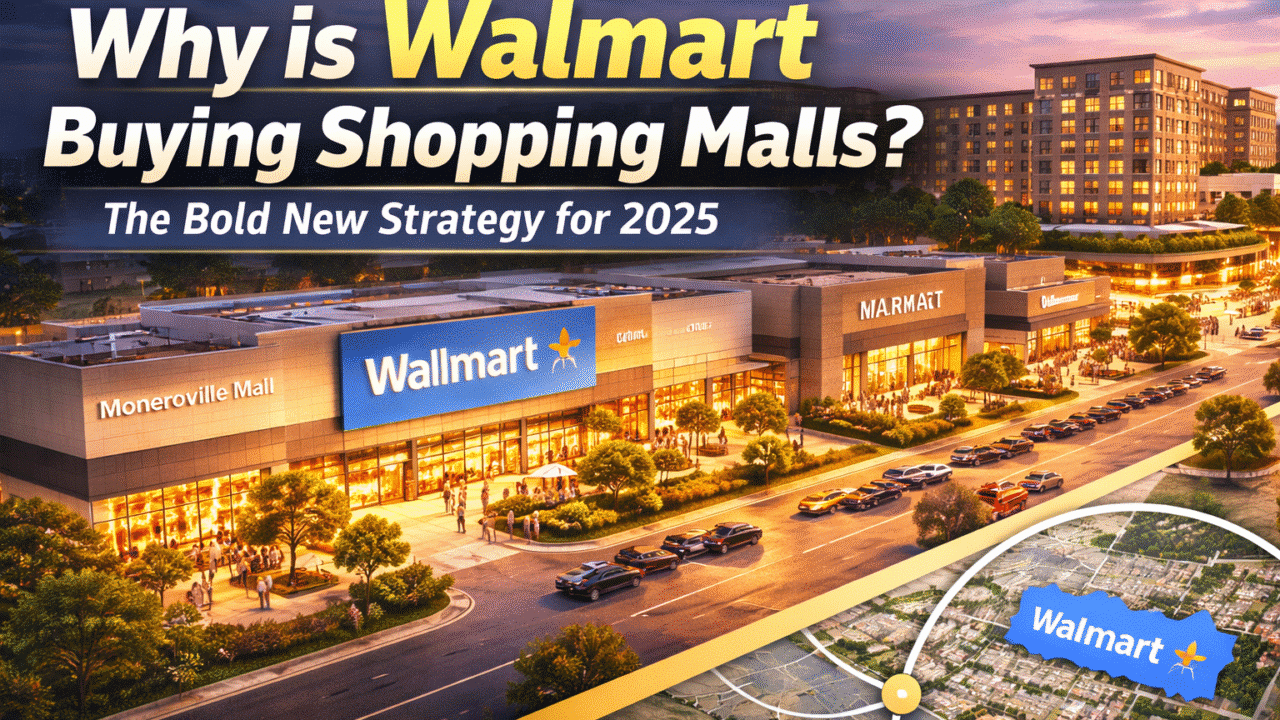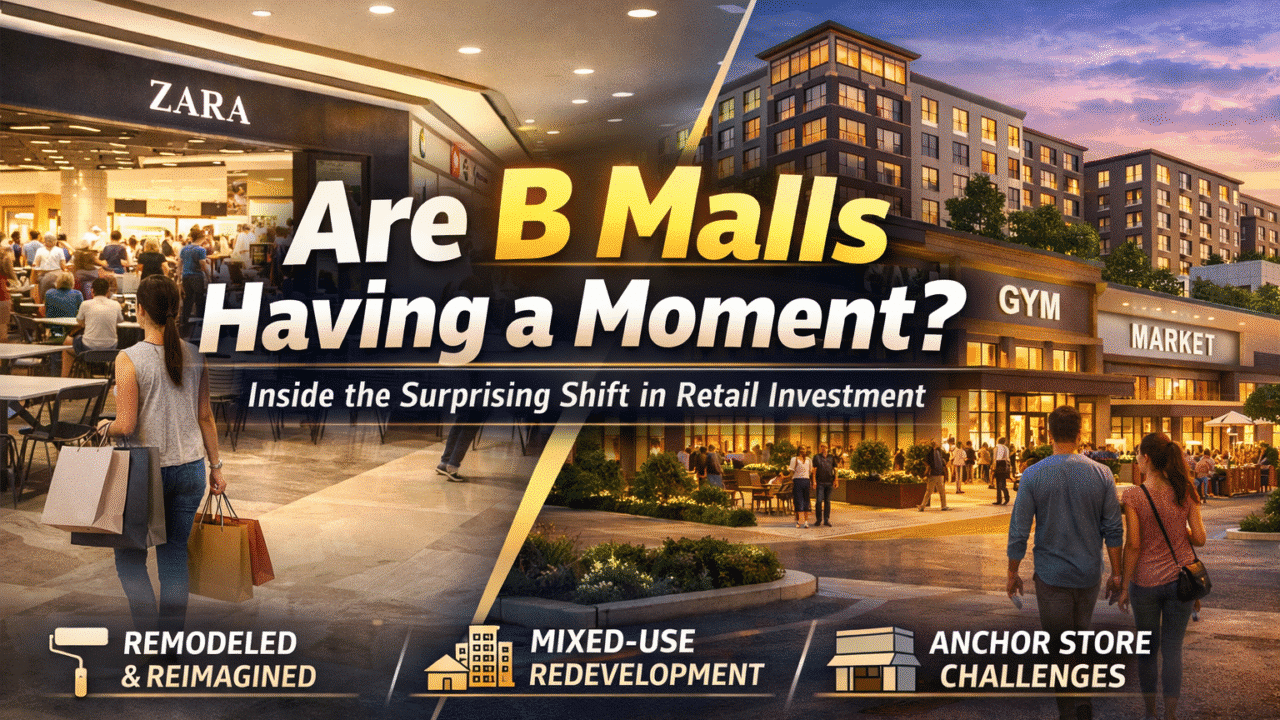
Demystifying Customer Engagement Services
Companies across industries are looking for new and innovative ways to better understand, anticipate, and satisfy the wants and needs of their customers. Often what sets the most successful companies apart is the strength of the engagement they foster, not just with existing loyal patrons but also with potential new clientele. Nurturing enduring connections in a thoughtful, targeted way can lead to improved brand perception, increased sales, more effective marketing, and business growth. However, designing and implementing effective customer engagement strategies requires thoughtful coordination of people, processes, and technology across an organization.
Understanding Customer Engagement Services
Customer engagement services play a crucial role in successful marketing strategies, serving as tools and systems designed to foster customer loyalty, enhance customer experience management, and optimize interactions with customers. This is achieved through a combination of big data collection tools, proactive messaging services, and effective customer touchpoint management.
To implement effective customer engagement strategies, companies often utilize a comprehensive customer engagement platform equipped with advanced functionalities such as reporting dashboards, customer feedback systems, and app messaging capabilities. These platforms contribute to improving the customer journey, streamlining the customer lifecycle, and enhancing the customer experience.
In practical terms, customer engagement software may assist in executing personalized email campaigns, establishing a knowledge base for customer support, and facilitating social media interactions as part of a broader customer engagement strategy. Essentially, it functions as a tech stack that simplifies customer relationship management.
What Are Customer Engagement Services?
In simpler terms, customer engagement services elevate customer service standards by enabling businesses to monitor, understand, and influence customer behavior. These services encompass a range of initiatives, including loyalty programs and personalized email campaigns, as well as customer engagement marketing systems that collaborate to ensure successful customer engagement.
These services leverage big data to offer detailed insights into customer behavior, which are then used to personalize customer experiences, cultivate customer loyalty, and ultimately expand the customer base.
For example, a customer engagement strategy might involve implementing a loyalty program where customers earn points for each purchase. Analyzing the data from this program allows businesses to understand purchasing patterns and devise a marketing strategy to encourage repeat purchases.
The Role of Customer Engagement Services in Business
Customer engagement services play a pivotal role in modern business dynamics, acting as the key player between companies and their clientele. At the core of a successful business strategy, these services encompass a suite of tools and systems strategically designed to build and sustain customer loyalty. By seamlessly integrating big data analytics, proactive messaging services, and effective touchpoint management, businesses can optimize interactions with their customers.
A key component of this landscape is the deployment of customer engagement platforms equipped with advanced functionalities like reporting dashboards, customer feedback systems, and app messaging capabilities. In essence, customer engagement services are the driving force behind businesses’ ability to understand, connect with, and influence customer behavior, fostering lasting relationships and fueling sustainable growth.
Evolution of Customer Engagement Services
The evolution of customer engagement services can be traced back to the advent of big data. As customer interactions became more advanced, businesses needed tools and strategies to keep up with the changing landscape. Thus, the need for robust customer engagement strategies and advanced engagement software to harmonize, manage, and analyze customer data became evident.
Companies have shifted from a product-centric approach to a more customer-centric one. To effectively meet and exceed customer expectations, businesses now employ a combination of engagement tools, development resources, and customer engagement metrics.
Consider the use of social media platforms as a customer engagement service. Today, social media is at the forefront of customer engagement marketing efforts. With the right engagement strategies, companies can react quickly to customer feedback, manage customer communications, and personalize customer experiences on these platforms.
Key Components of Customer Engagement Services
When forming a successful customer engagement strategy, it’s critical to understand the key constituents of customer engagement services. These elements often revolve around customer interaction, personalized experiences, and proactive customer support. However, they extend to factors like big data, social media interaction, and effective use of customer engagement software.
Omnichannel Support
Today’s customer expects seamless service, regardless of the platform or customer touchpoint. This makes omnichannel support a crucial part of any customer engagement service. It encompasses everything from traditional customer service avenues like phone and email to integrating with social media, customer engagement platforms, and even app messaging.
An engagement platform that offers an omnichannel approach promises a consistent customer experience, regardless of the interaction point. This consistency can significantly build customer loyalty and enhance customer retention. Consider an email campaign, for instance. If the message, branding, and tone are consistent across all of them, it breeds familiarity and builds trust. This helps to increase customer loyalty and reduce customer effort when they need to interact with your business.
Personalized Customer Experience
Personalization is another integral part of a good customer engagement strategy. Using big data and customer engagement strategies, businesses can understand the customer’s behavior and preferences, personalizing not just their products but their entire customer journey.
A customer engagement platform loaded with proactive messaging and personalization features can be instrumental here. From altering the landing page to suit the customer’s taste to curating email campaigns based on their past behavior, personalization can make the customer feel valued and appreciated, significantly improving customer experience management.
Active Interaction and Engagement
The third pillar of successful customer engagement is active interaction and engagement. This involves constant customer communications, soliciting customer feedback, and running loyalty programs to acknowledge and reward customer loyalty.
Active engagement tools like social media and engagement software can be used here effectively. While social media allows for real-time, informal interactions, robust engagement software with knowledge bases can present a more structured and formal yet friendly interface for customer interactions.
Offering customers more touchpoints to engage with the company – be it through social media, proactive messaging in mobile apps, or regular email campaigns – ensures that they always remain connected and involved with your brand. This keeps your brand in their mind and fosters customer loyalty.
Evaluating Customer Engagement Services
When discussing customer engagement strategies, it’s important to focus on customer engagement services. A good customer engagement service fundamentally reshapes the customer experience management approach. Its primary task is achieving successful customer engagement that leads to a mutually beneficial relationship with customers and helps to build customer loyalty.
Leveraging things like big data, a customer engagement service can glean meaningful insights from customer behavior, allowing businesses to tailor interactions for a stellar customer experience. This also underpins the strategy for customer service and customer support, guiding both reactive and proactive measures.
Important Criteria in Choosing a Customer Engagement Service
Choosing the right customer engagement service can make or break your customer engagement strategy. It’s crucial that the service you choose has efficient loyalty programs, aligns seamlessly with your marketing strategy, and fits well into your existing tech stack.
The service should have resources for all stages of the customer lifecycle, including customer acquisition, customer retention, and customer journey documentation. Crucially, it should integrate well with existing social media channels and customer engagement software for streamlined operations.
The Impact of Good Customer Engagement on Business Performance
The impact of robust customer engagement on business performance is profound and multifaceted. A business that excels in customer engagement experiences a ripple effect across various performance metrics, including:
- Increases Customer Loyalty: Customer engagement builds and nurtures customer loyalty, creating a dedicated customer base that is more likely to make repeat purchases and advocate for the brand.
- Enhances Customer Experience: Positive customer engagement significantly enhances the overall customer experience, leading to increased customer satisfaction. Satisfied customers are not only more likely to become repeat buyers but also act as brand ambassadors, amplifying positive word-of-mouth marketing.
- Provides Consumer Insight: Effective customer engagement provides valuable insights through data analytics, enabling businesses to understand customer preferences, behavior, and trends.
Customer Engagement Service Providers: A Comparison
So, how do you choose the best customer engagement service provider? When evaluating providers, a thorough comparison is essential to identify the best fit for a business’s unique needs. These service providers vary in terms of offerings, expertise, and the technologies they employ. Some prioritize advanced analytics and big data capabilities, providing in-depth insights into customer behavior, while others may excel in crafting personalized and targeted communication strategies.
The comparison should extend to the flexibility of their platforms, the comprehensiveness of their reporting tools, and their ability to integrate seamlessly with existing systems. Additionally, consideration must be given to customer support, scalability, and the provider’s track record in adapting to evolving industry trends. Ultimately, a comprehensive comparison of customer engagement service providers ensures that businesses make informed decisions to enhance their customer interactions, loyalty, and overall performance.
Strategies for Customer Engagement
An ideal suite of communication platforms provided by the service should encompass app messaging, email campaign software, and seamless social media integration. Robust reporting dashboards play a crucial role by furnishing valuable insights into customer feedback, and empowering marketing teams to make well-informed decisions.
The service provider must extend its offerings to include not only email campaigns but also the creation of engaging landing pages, contributing to effective customer engagement marketing. Furthermore, the provider should facilitate personalized customer experiences and provide comprehensive tracking of essential customer engagement metrics.
The pinnacle of customer engagement services goes beyond incorporating a customer loyalty program and well-defined engagement strategies crafted by experts. This approach aims to minimize customer effort and orchestrate delightful customer journeys, establishing the foundation for sustained and meaningful customer relationships.
How to Measure Success of Your Customer Engagement Service
Measuring the success of customer engagement services involves a multifaceted evaluation that extends beyond quantitative metrics. Key performance indicators (KPIs) such as customer satisfaction scores, Net Promoter Score (NPS), and customer retention rates provide quantitative insights into the effectiveness of engagement strategies.
Additionally, tracking customer interactions across various touchpoints, analyzing feedback, and monitoring social media sentiment contribute qualitative dimensions to the evaluation. Conversion rates, response times, and the customer journey also play crucial roles in gauging success. Furthermore, assessing the impact on brand loyalty, repeat business, and the generation of positive word-of-mouth can provide a comprehensive understanding of how well customer engagement services are resonating with the target audience. The combination of quantitative and qualitative measurements ensures a holistic assessment of the success of customer engagement services.
Increase Customer Engagement with T-ROC Global
With a focus on personalized interactions, data-driven insights, and expert-defined customer engagement programs, T-ROC Global empowers businesses to elevate customer experiences and foster lasting relationships. Contact us today to explore the transformative possibilities of T-ROC Global for your customer engagement needs and unlock a new level of connection with your audience.
Frequently Asked Questions
What are the 6 key elements of service in customer engagement?
There are many elements of customer engagement, but six common components include personalized interactions, consistent communication, active listening, proactive problem-solving, convenience, and feedback utilization.
Is customer engagement the same as customer service?
While customer engagement is closely related to customer service, it encompasses a broader spectrum, incorporating all interactions and touchpoints throughout the customer journey, whereas customer service specifically pertains to addressing customer needs and concerns.
What is customer engagement?
Customer engagement, in essence, is the ongoing interaction and relationship-building between a business and its customers, fostering loyalty, satisfaction, and a deeper connection over time.

